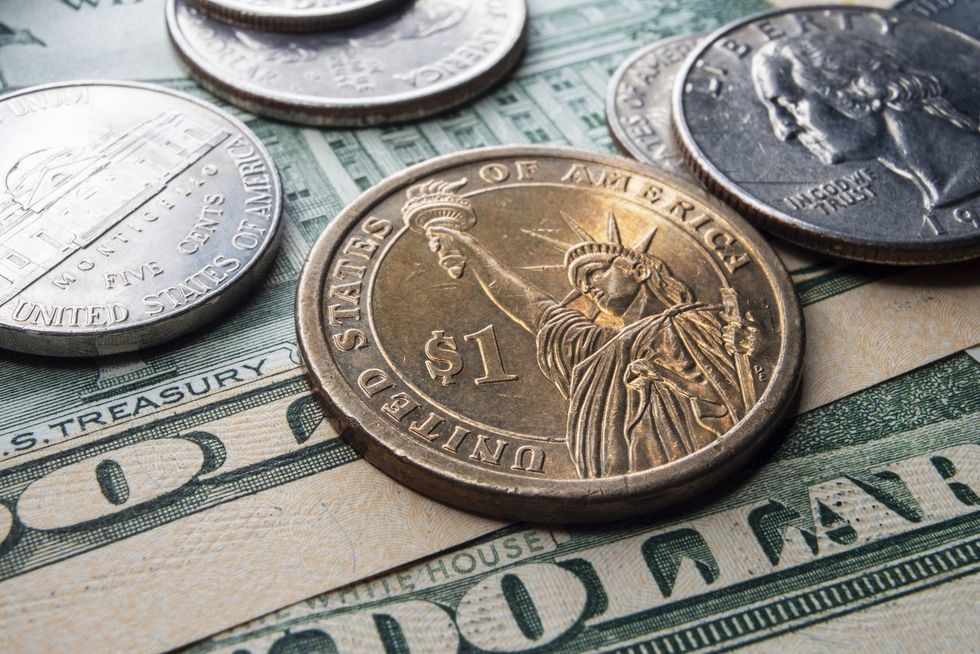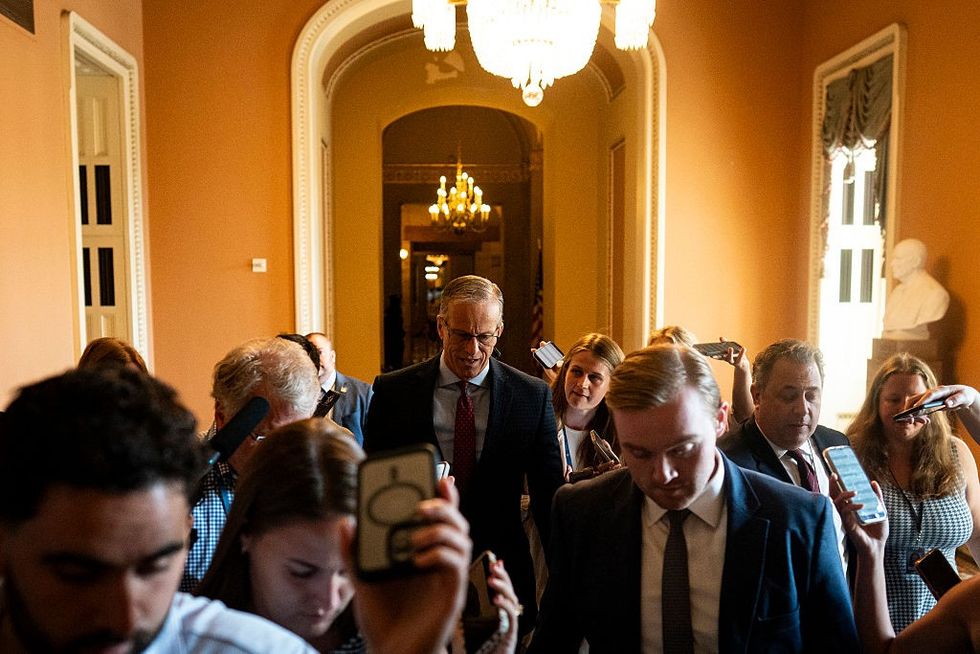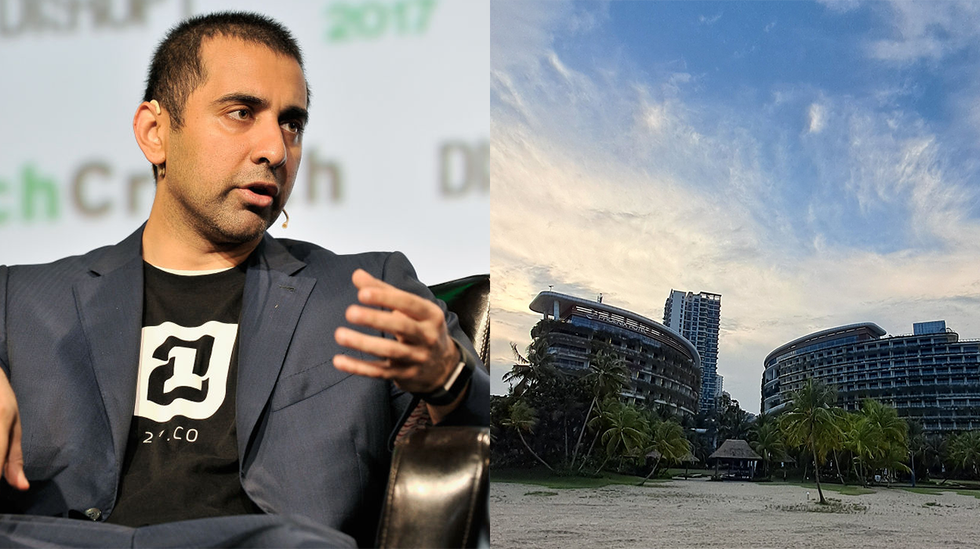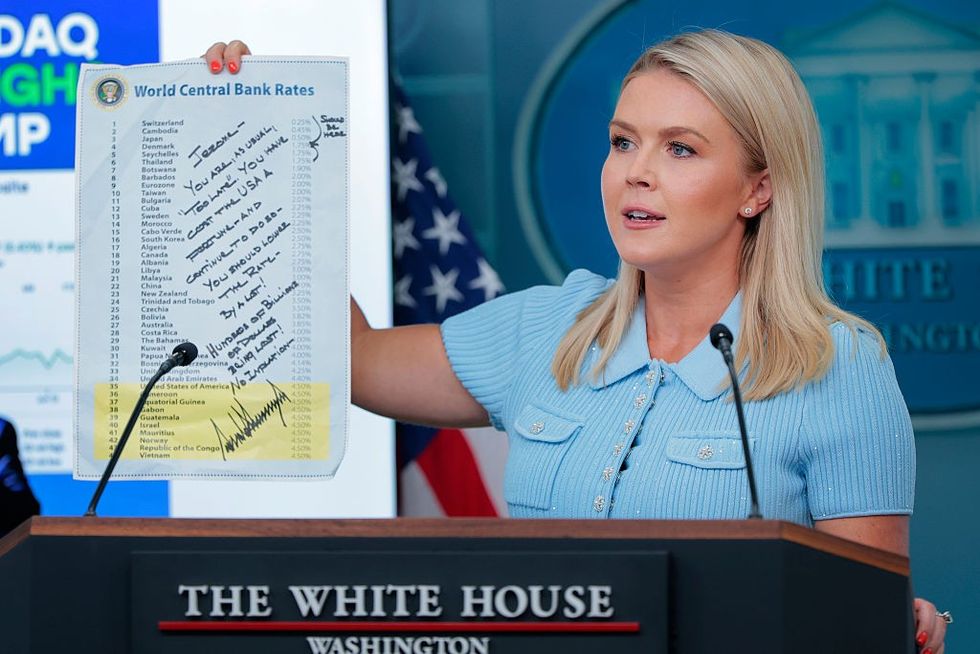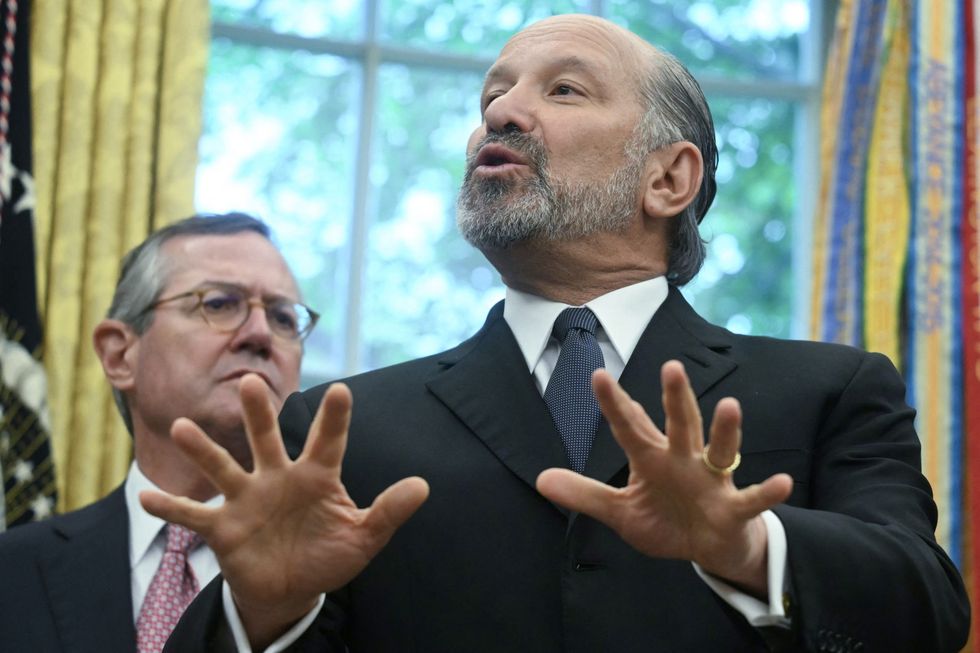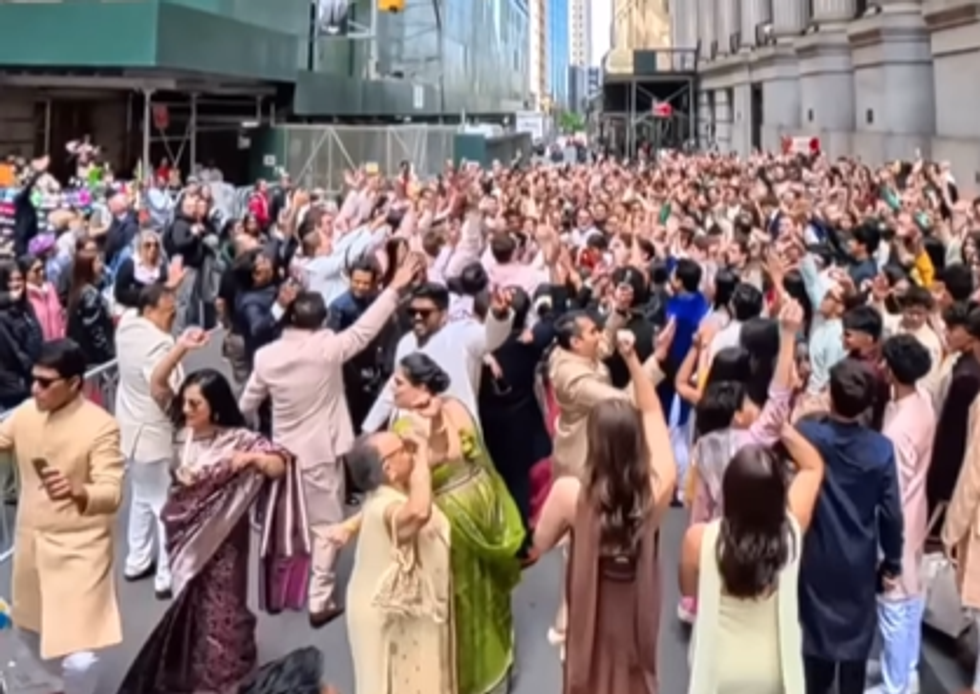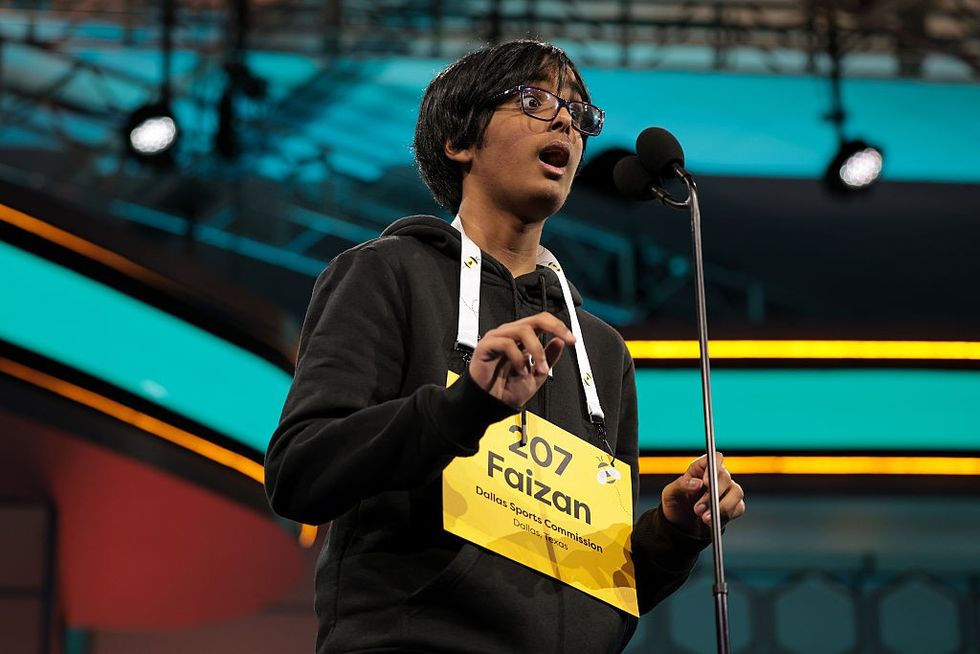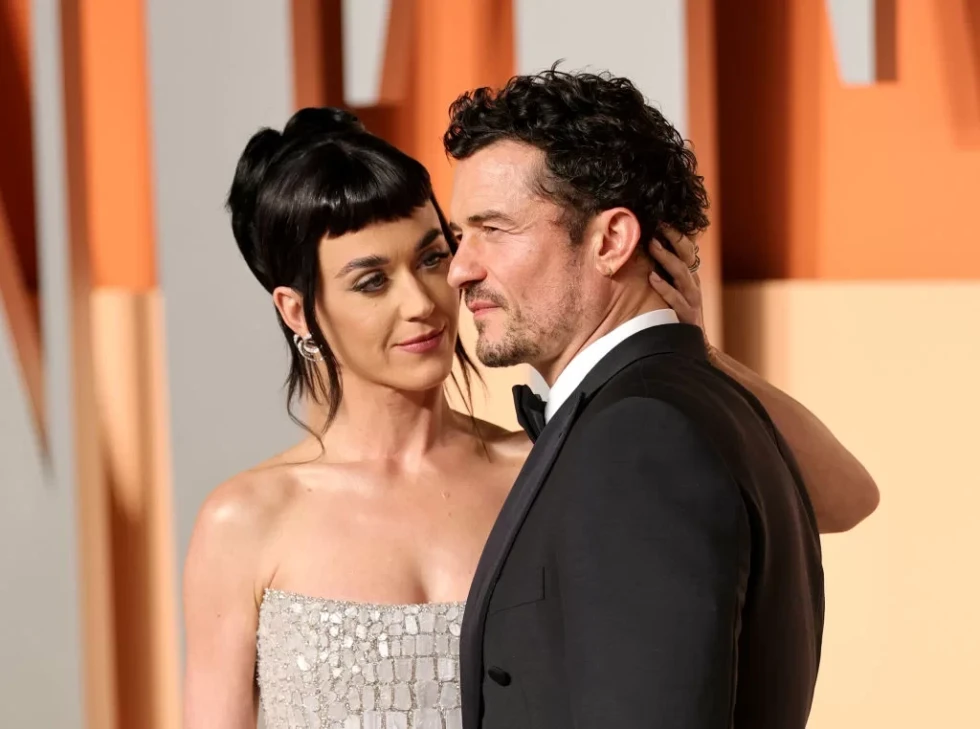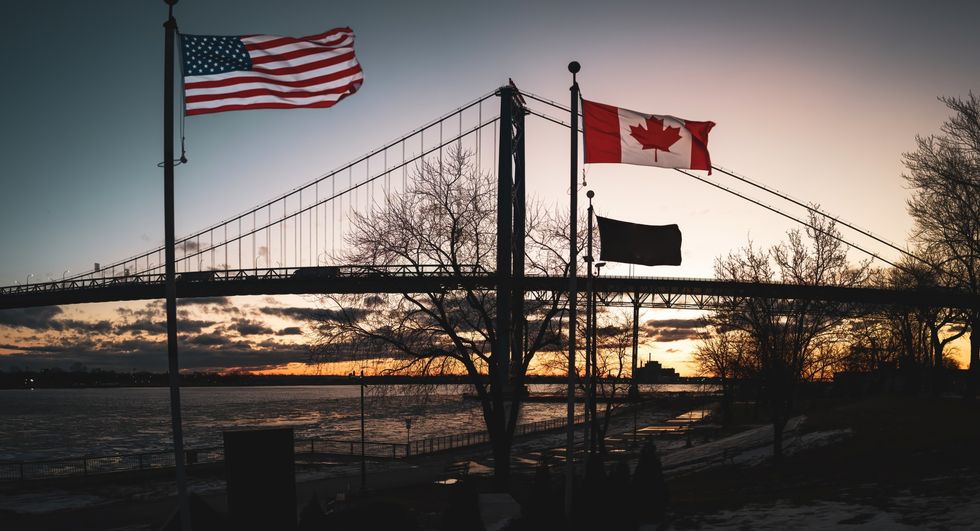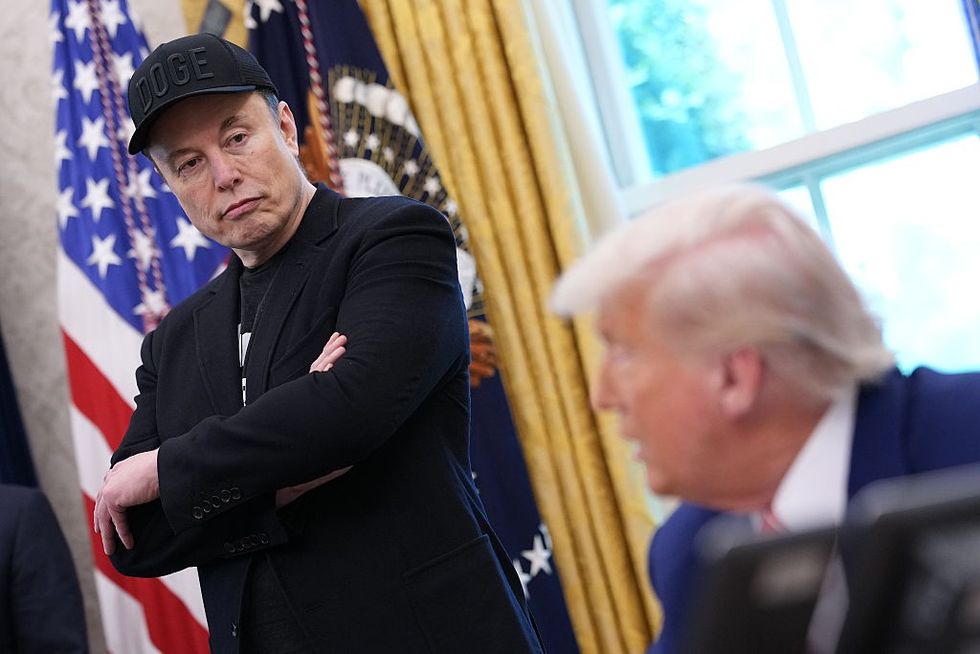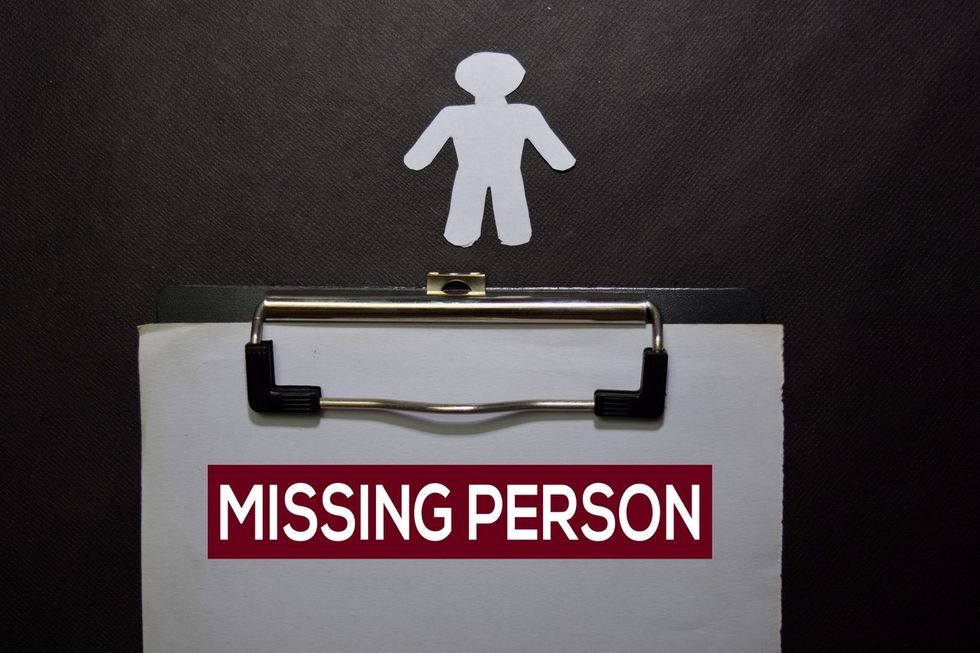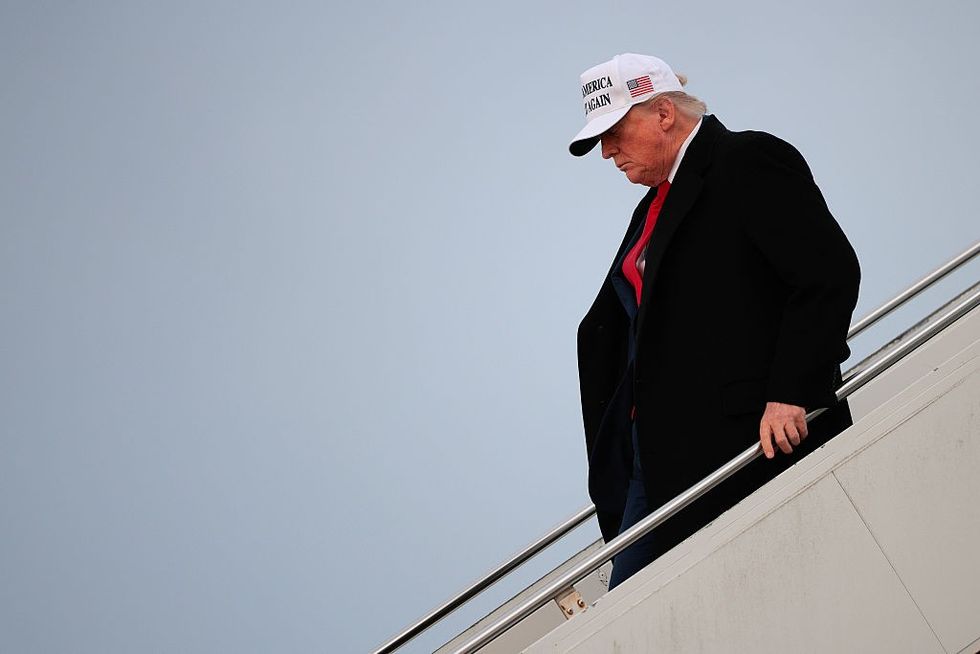INDIA on Monday (20) will host the fifth phase of its ongoing national elections during which 49 constituencies in eight states and federally administered Union Territories will vote.
The states are Jharkhand (three constituencies), Odisha (five constituencies), Uttar Pradesh (14 constituencies), Bihar (five constituencies), Maharashtra (13 constituencies) and West Bengal (seven constituencies) while Ladakh (sole constituency) and Jammu and Kashmir (one constituency) are the two UTs.
Six hundred and ninety-five candidates are in fray in this phase, said India's Election Commission.
Two major coalitions are contesting this election -- the National Democratic Alliance led by prime minister Narendra Modi’s governing Bharatiya Janata Party (BJP) and the Indian National Developmental Inclusive Alliance (INDIA), a coalition of 26 parties which has the main opposition party, the Indian National Congress.
Read: Not too many more vibrant democracies than India: US
Some of the top constituencies that will be watched in this phase will be Rae Bareli and Amethi. Both have been bastions of the Nehru-Gandhi family which has dominated Indian politics for decades but has seen its influence waning in the Narendra Modi years. In Rae Bareli, Indian National Congress leader Rahul Gandhi is contesting in place of his mother and former party president Sonia Gandhi who quit contesting this year. This will be Rahul's second contest this year as he is also seeking re-election from Wayanad in the southern state of Kerala where he won in the 2019 polls.
In Amethi, a non-Gandhi candidate has been fielded in the form of Kishori Lal Sharma who is challenging sitting MP Smriti Irani, who is also India's women and child welfare minister. She defeated Rahul from the same seat in 2019 after losing against him in 2014.
Read: Modi reveals why he doesn't do press conferences
Rae Bareli and Amethi have sent two Indian prime ministers – Indira Gandhi and Rajiv Gandhi, Rahul’s grandmother and father respectively — to parliament over the years. Rahul later won Amethi in 2004, 2009 and 2014.
Sonia, on the other hand, had won Rae Bareli consecutively between 2004 and 2019. The constituency is the only one that the Congress has now in the politically key state of Uttar Pradesh.
Another key constituency that will vote on Monday is Lucknow in Uttar Pradesh where Indian defence minister Rajnath Singh is in the fray. He has won the prestigious seat, which was represented by former prime minister Atal Bihari Vajpayee between 1991 and 2004, in 2014 and 2019.
Also contesting in this phase is Karan Bhushan, son of former MP Brij Bhushan Sharan Singh of the BJP who made the headlines after being accused of sexually harassing women wrestlers as a former chief of India's wrestling federation. The party did not give him a ticket for the current election from Kaiserganj and fielded his son instead. Brij Bhushan had won from Kaiserganj in 2014 and 2019 elections.
Another constituency under focus in this phase is Faizabad in Uttar Pradesh, which is home to the Ayodhya Ram temple. Sitting MP Lallu Singh of the BJP is seeking his third re-election from this seat against Awadhesh Prasad of the Samajwadi Party, which is a member of the INDIA block.
The Ladakh constituency has also made headlines in this election since protests were staged there against the BJP, which has denied a ticket to its sitting MP Jamyang Tsering Namgyal. This has given the Congress party a hope to capitalise on the local grievances which includes the demand to bring the region under the Sixth Schedule to the Indian Constitution.
The Congress has promised to include Ladakh in the schedule, which will safeguard the region's tribal status. Many local people of Ladakh fear that without the provision, their land, jobs and education benefits could be misused by people from other parts of India.
Ladakh was carved out of Indian-administered Kashmir in 2019 as a UT.
Voting in the seven-phase elections in India began on April 19 and the final phase will be held on June 1. At least 969 million people are registered to vote in the mammoth exercise in the world's largest democracy.
People from across 36 states and UTs are expected to elect 543 representatives to the Lok Sabha – the parliament’s lower house.
The first four phases have already decided the fate of 380 MPs.
The results will be announced on June 4.

